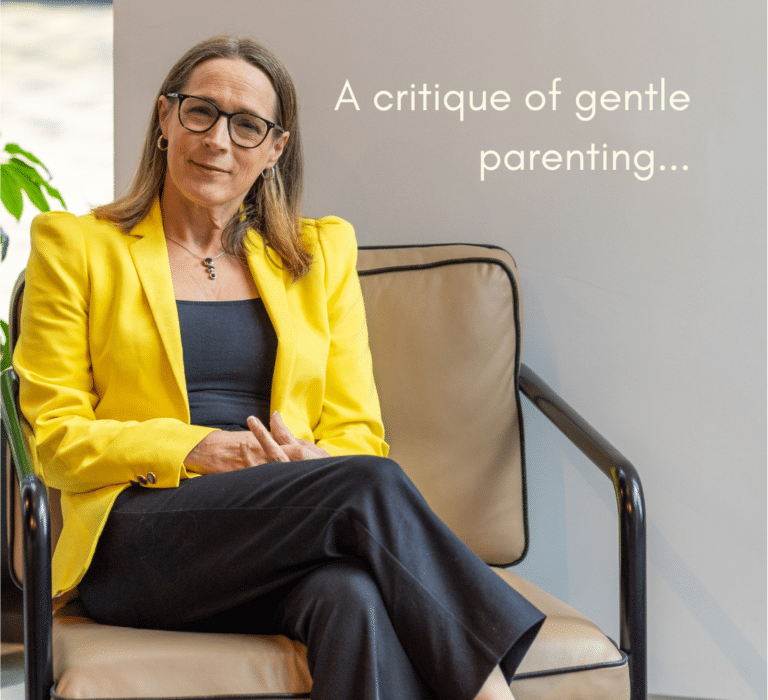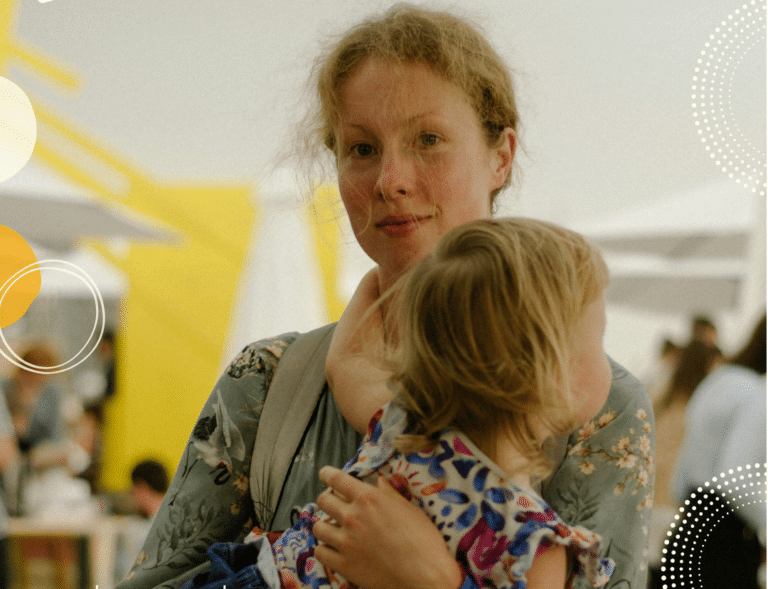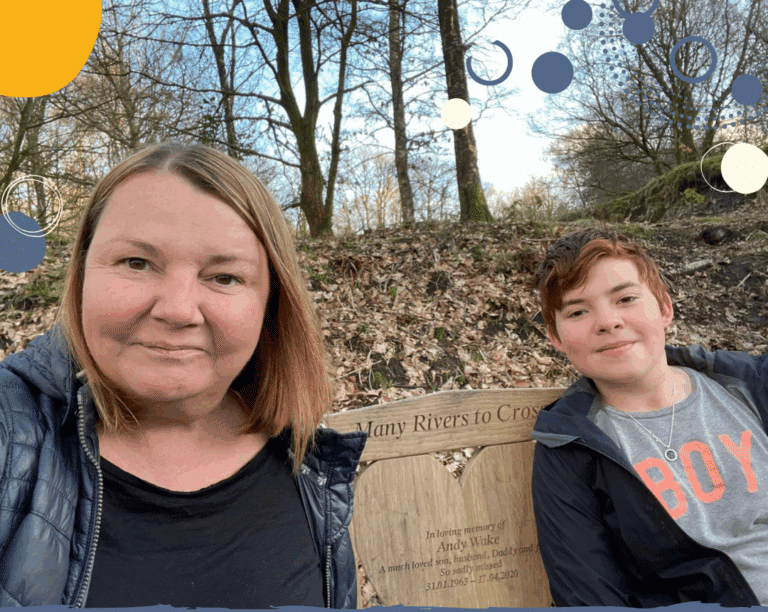Building a good relationship with your child
How you think about parenting makes a difference. Too often we can fall into the trap of seeing parenting as a type of ‘correction’ role – pointing out to our children what they  should have done differently, directing their attention and learning, tackling their undesirable behaviour and inducting them into correct behaviour. What we are really communicating to our children through this relationship dynamic is that Mum/Dad knows best.
should have done differently, directing their attention and learning, tackling their undesirable behaviour and inducting them into correct behaviour. What we are really communicating to our children through this relationship dynamic is that Mum/Dad knows best.
Which is perfectly understandable given that parents have so much more experience of the world than children – but the result can be a lot of conflict and negativity and not a lot of fun.
If we reframe that thinking and envisage our job as parents in terms of building a good relationship with our children then that opens the door to a different dynamic and to our children learning from us in a different way. Good relationships are mutual and respecting, built on communication and enjoying each other’s company.
Of course, all relationships have their rocky moments. But a good relationship makes it easier to recover from those.
If you are feeling that your relationship with your child is a little strained (for whatever reason), here are a few reminders that you might find helpful.
Spend time together
Relationships are built on time. Small frequent amounts of time are best, with some longer stretches interspersed. Ten minutes a day playing with your child (good quality play time). Or half an hour together when you switch off your phone and watch something funny together. Try doing things with your child in which you are not the expert – take an interest in what interests them. If you’ve got a teenager who’s permanently attached to a gadget then why not join in their game sometimes? Or suggest some high adrenalin family activities that neither of you have done before.
Be affectionate
Physical touch is a wonderful way to maintain closeness – a snuggle on the sofa, a ruffle of their hair, a big bear hug. Obviously, the older they are the more carefully you need to choose your moment (if in public, let older children set the rules for physical affection!).
Chat chat chat
Talk to your child. And by that, I don’t mean ask them questions about their day (“What did you do at school today?” “Nothing.”). Tell them about your day. Talk about the weather, the sunset, what you had for lunch, the guy you saw falling off the back of a bus – anything. Just chat. A lot. Children often open up far more when talking side-by-side about subjects other than themselves so make the most of car journeys to chat and see where the chatting leads you. (If you’ve got a non-verbal teenager in withdrawal-volcano mode then you might want to check out these tips for communicating with teenagers!)
Focus on the positives
Notice when your child does the right thing and tell them about it. Be sincere – but don’t lie or puff it up. Be honest and specific (“Well done for sitting down and doing your homework. I know you didn’t want to.“). And don’t always follow it up with a comment on what they could have done better! Children tend to repeat behaviour that gets attention so make sure you pay more attention to the behaviour you like than to behaviour you want to discourage. (see Help, the kids are driving me mad for more on this.)
Create special traditions
Doing the same thing together again and again can provide a thread that stitches together all your separate moments into a strong fabric. This is especially useful if time with your child is limited. Whether it’s always making pancakes on Sundays or Dad taking me swimming on Saturday mornings or just watching a regular TV programme together, special traditions that are unique to your family, or to you and your child, can really enhance relationships.
READ NEXT: How to have better weekends with children
*This post contains affiliate links.







